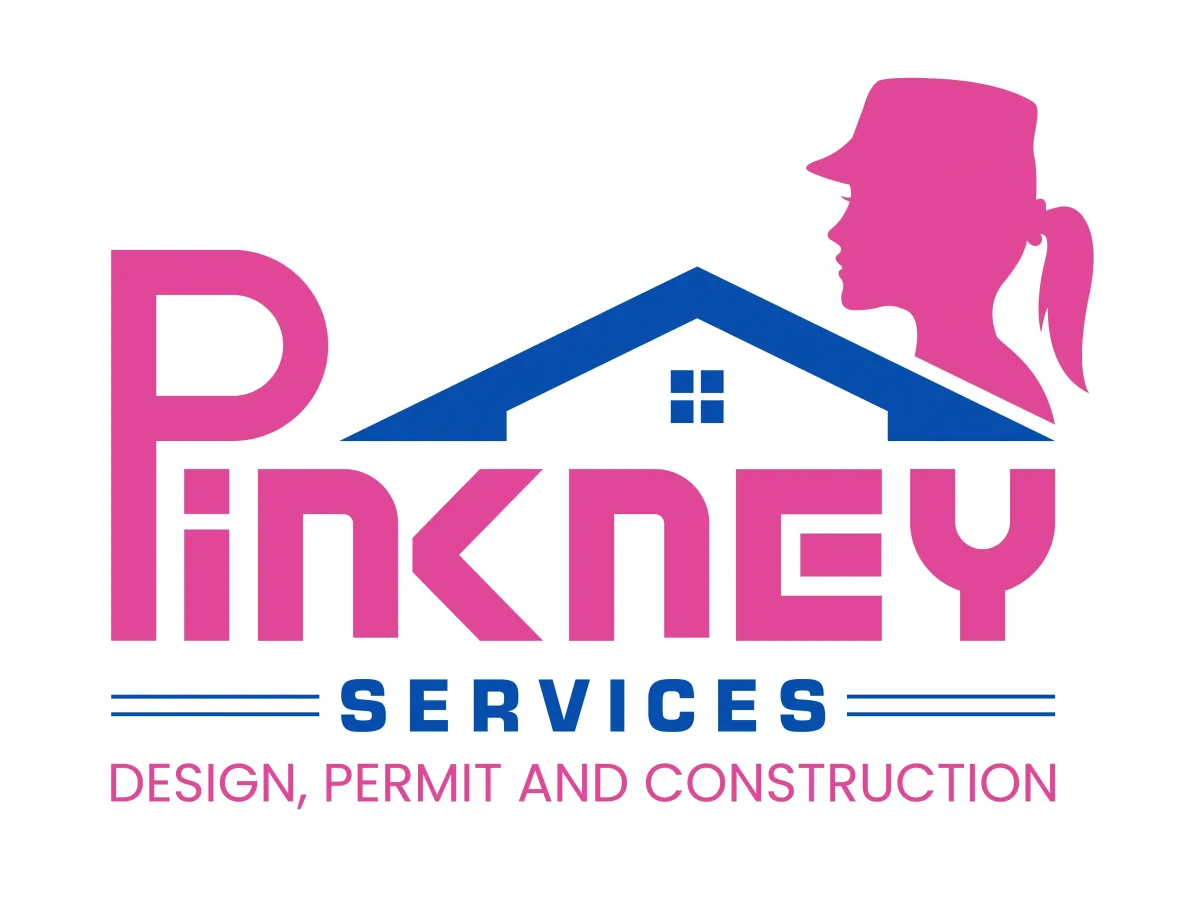
Maximize Savings with Home Remodeling Tax Credits in 2024
What Are Home Remodeling Tax Credits and How Do They Work?
Many homeowners are unaware that certain expenses related to home remodeling can qualify for tax credits, leading to significant savings. Unlike deductions that reduce taxable income, home remodeling tax credits directly lower the amount of tax owed, making them an attractive incentive for those planning renovation projects. These credits are often available for energy-efficient upgrades, safety improvements, and other qualified modifications that enhance your home's value and efficiency.
How Can You Identify Eligible Home Improvement Projects for Tax Credits?
Understanding which projects qualify for home remodeling tax credits is crucial to maximize your benefits. Common qualifying improvements include installing energy-efficient windows, upgrading insulation, adding solar panels, and replacing old HVAC systems with energy-saving units. Before starting your project, it’s essential to consult current federal and state programs, as these incentives often evolve. For tailored guidance, exploring resources like Pinkney Services' home remodeling tips can provide clarity on the most effective upgrades.
Are There State or Local Tax Credits That Complement Federal Incentives?
Absolutely. In addition to federal programs, many states and local municipalities offer their own home remodeling tax credits. These incentives can vary widely based on your location but often include rebates for energy-efficient appliances or renewable energy installations. Checking with your state’s department of energy or local tax authority can uncover additional savings opportunities. Combining federal and local credits allows homeowners to maximize their investment while reducing out-of-pocket costs.
What Steps Should You Take to Claim Home Remodeling Tax Credits?
The initial step is detailed record-keeping. Save all receipts, invoices, and proof of purchases related to qualifying upgrades. Accurate documentation supports your claim during tax filing. Next, consult with a tax professional or leverage online resources to ensure your project qualifies and to understand any specific forms needed.
When preparing your taxes, complete the relevant forms—often Schedule 5695 for residential energy credits. Provide the documentation for qualifying expenses, and double-check that your chosen upgrades meet the criteria outlined by the IRS or your state's tax authority. Hiring a professional familiar with home remodeling contractors can also help ensure accurate reporting and optimal benefit capture.
Can Home Remodeling Tax Credits Be Used for Specific Projects Like Kitchen Renovations?
Yes, some projects, particularly those focused on improving energy efficiency or safety, are eligible for tax credits. Kitchen remodeling, especially when it involves new energy-efficient appliances or eco-friendly materials, can qualify for certain incentives. For instance, upgrading to ENERGY STAR-rated appliances or installing environmentally friendly lighting may earn you credits. To learn more about how to incorporate kitchen upgrades into your financial planning, visit Kitchen Remodeling Financing Options for expert advice.
Are There Financing Options That Complement Tax Credits for Home Remodels?
Yes, many financing options are designed to work hand-in-hand with tax credits, making the remodeling process more affordable. Low-interest loans, grants, and special financing programs often support energy-efficient upgrades that qualify for credits. Leveraging these can help spread the cost of renovations while maximizing your savings through available incentives. For comprehensive guidance, consider consulting with reputable contractors who specialize in custom kitchen design and build services tailored to your budget and goals.
What Are Common Mistakes to Avoid When Claiming Home Remodeling Tax Credits?
Failing to keep meticulous records is a frequent error that can disqualify your claim. Additionally, starting projects before confirming eligibility or neglecting to file the necessary paperwork can result in missed benefits. Always verify that your upgrades comply with current standards and consult with experts during the planning process. This proactive approach ensures you don’t overlook credits you’re entitled to and helps avoid costly mistakes that could delay or invalidate your claims.
How Can You Maximize Your Savings During a Home Remodel?
- Plan Energy-Efficient Upgrades: Focus on projects that earn the most substantial credits, like solar panels or high-efficiency HVAC systems.
- Couple Incentives with Renovation Projects: Integrate your upgrades with projects that already qualify for rebates or credits to double your savings.
- Consult Professionals Early: Engage with experienced contractors and tax advisors to identify all eligible improvements and ensure proper documentation.
- Stay Informed on Policy Changes: Tax credits and incentives often change yearly; regularly review updates to optimize your benefits.
- Utilize Financing Strategically: Combine tax credits with favorable financing options to minimize upfront costs and maximize long-term savings.
Is It Worth Hiring Professionals for Your Home Remodeling and Tax Credit Claims?
Absolutely. Certified professionals can help you navigate the complex landscape of verifying eligible projects, ensuring compliance, and accurately claiming credits. For instance, working with specialists in full-service kitchen remodeling contractors ensures your renovation aligns with current tax incentives. They can also provide guidance on sustainable materials and energy-efficient designs that qualify for maximum credits.
Final Tips: How to Ensure You're Getting the Most from Your Home Remodeling Tax Credits
Stay proactive by researching both federal and local incentives before beginning any project. Keep meticulous records of all expenses, and consult with tax professionals or experienced contractors who understand these credits thoroughly. Remember, smart planning can significantly reduce your renovation costs, making your dream home more affordable without sacrificing quality.
Frequently Asked Questions (FAQs)
Generally, home remodeling tax credits require professional installation or qualification verification. DIY projects often do not qualify unless specific criteria are met, such as documented inspections or certification of energy savings.
You can potentially amend your tax return to include missed credits, provided you have the necessary documentation. Consult a tax professional to guide you through the process.
Yes. Tax incentives related to energy efficiency and renewable energy often evolve annually. Subscribing to updates from the IRS or your local government can keep you informed about new or extended credits.
Carefully review the specific eligibility criteria outlined by federal and state guidelines. Consulting with a licensed contractor experienced in eco-friendly upgrades can help ensure your project qualifies and maximizes your benefits.
Conclusion
Saving money on home remodeling doesn’t have to be complicated. By understanding the scope of home remodeling tax credits, planning your projects strategically, and maintaining thorough documentation, you can significantly reduce your overall costs. Whether you're considering a kitchen upgrade, energy-efficient improvements, or safety renovations, leveraging these incentives is a smart move. Engage with experienced professionals, stay informed about available programs, and implement these actionable tips to make your home remodel both affordable and rewarding.





















